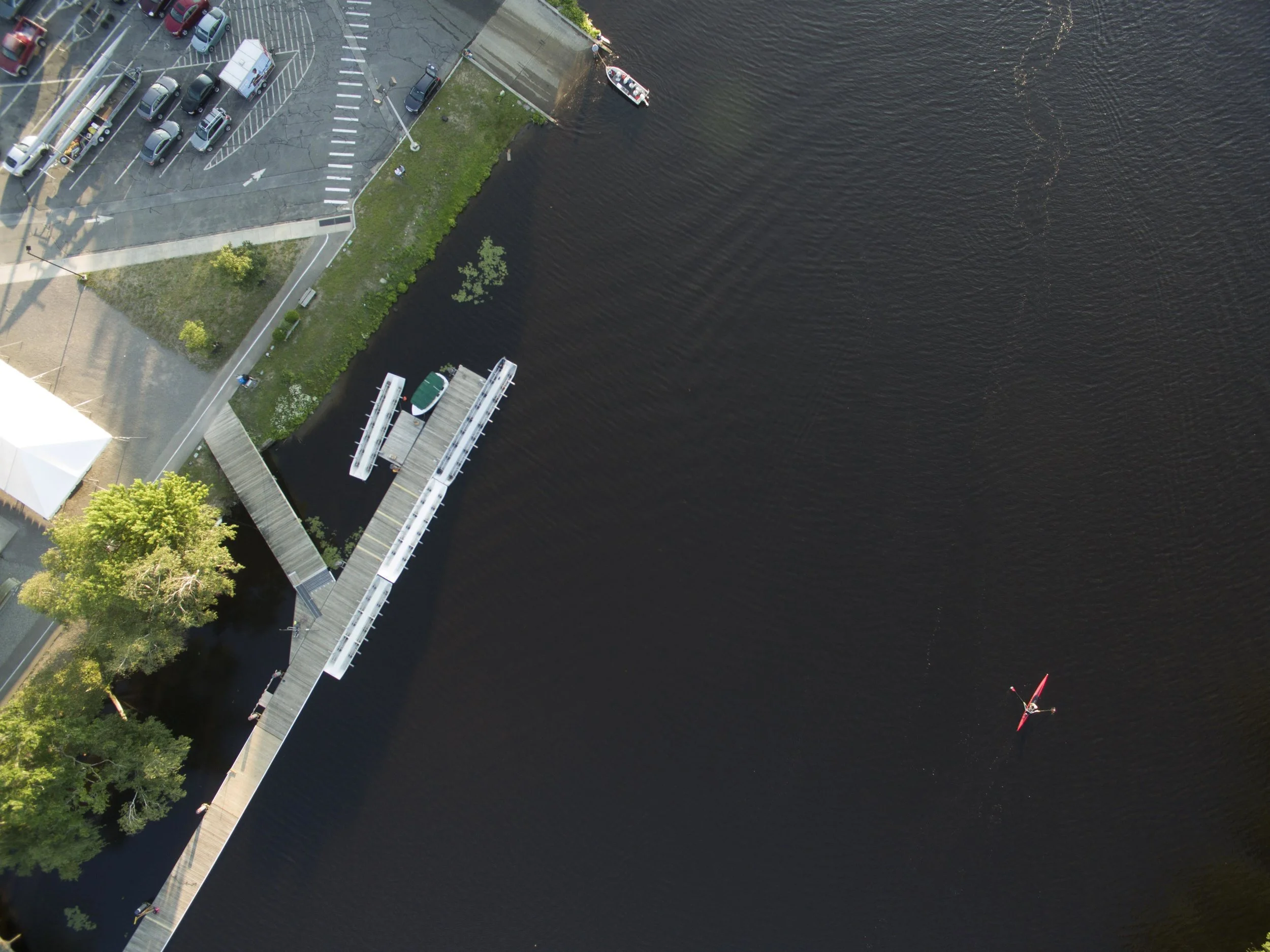About this project
The American West is defined by extreme landscapes and an arid climate. As populations of western towns and cities surge, water quantity is a critical concern, compounded in recent years by increased severity of drought and elevated temperatures. The Colorado River, which sustains over 40 million people across the West and supports 15 percent of the nation’s food supply, is overcommitted, and runs dry where it meets the Gulf of California. In the last century, irrigation ditches, dams and water reservoirs have replaced wetlands and the wide range of flora and fauna they sustained. Today, many communities, ranchers and farmers realize the impacts of the loss of wetlands on local water supply, and find ways to address water scarcity by re-wilding watersheds through small-scale living landscape design, even collaborating with beavers to construct dams and ponds. To explore these emerging practices, this project will focus on the role of the American beaver (Castor canadensis) in wetland management through case study research at beaver-engineered wetlands. An illustrated catalogue of wetland typologies will be derived from this research and explore the relationships between wildlife, communities, and political forces at play in these landscapes.






